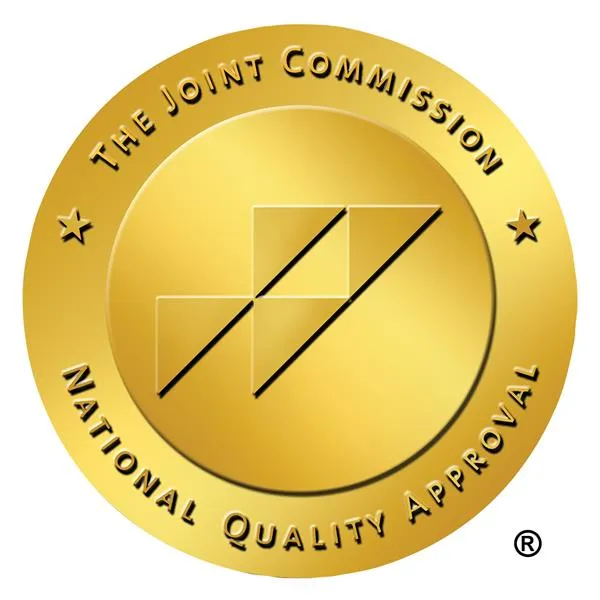A couple of years after COVID-19-mandated lockdowns and restrictions, the nursing staffing shortage is still in full swing. The Health Resources and Services Administration (HRSA) reported that as of November 2022, the projected shortage of full-time registered nurses (RNs) will be 78,610 by 2025 and 63,720 by 2030. The report also shares that the top ten states with the largest projected nursing shortage in 2035 are Washington, Georgia, California, Oregon, Michigan, Idaho, Louisiana, North Carolina, New Jersey, and South Carolina.
Hospitals, clinics, and healthcare facilities all over the country are relying on travel nursing agencies to aid with their staffing needs to fortify their nursing workforce. Not only do travel nursing agencies handle the administrative tasks associated with hiring and vetting employees, but they also perform training and orientation and provide scheduling support.
As facilities become home to travelers and staffers alike, it’s imperative for nurse leaders to foster an open and collaborative work environment to ensure that patient safety remains at the forefront. This article provides helpful tips that nurse leaders can apply to their nursing teams to create a healthy nursing work environment.
Thoroughly discuss important rules and responsibilities
Communicate with everyone on the nursing team, especially those who are joining the team for a few weeks or months, their respective job duties and responsibilities, as well as the facility’s specific policies and procedures. In doing so, everyone in the nursing team will be properly guided on the dos and don’ts of the team and the facility, reducing unnecessary friction and misunderstandings within the team.
If there will be changes to workflows and schedules when travel nurses are integrated into the nursing pool, the entire nursing team should be informed of any and all updates before they are rolled out. Giving detailed yet concise instructions and getting confirmation from everyone on the team can cut down the amount of confusion and resentment in the workplace.
Encourage open communication and feedback
Nurse leaders need to encourage open communication and feedback to learn about problems or issues as they arise, allowing them to find ways to promptly address them and keep everyone feeling that they’re valued and that their feedback matters.
Provide channels for staffers and travelers to openly and respectfully give suggestions, feedback, and proposed solutions to their day-to-day challenges.
Cultivate a healthy culture for all
Nurse leaders need to communicate and demonstrate what the organization’s culture is — which are the attitudes, connections, and goals that all employees in the company must embody — and make sure that everyone understands and imbibes it every day at work.
A fair, healthy, and positive workplace will breed less stressed, combative, and unproductive workers. When organizations prioritize their employees’ needs and motivations, employees become happier. And happy employees tend to be more collaborative, productive, and engaged.
Not only that but happy and satisfied nurses are linked to better patient care experiences and fewer medication administration errors.
Emphasize the importance of teamwork
Teamwork is essential in any work environment as it improves efficiency, promotes innovation and learning, and builds great work relationships. Nurse leaders need to inculcate in every member of the nursing team, regardless of whether they’re staffers or travelers, what they are expected to do to become effective members of the team. The nursing leadership team is responsible for setting proper expectations around the level of collaboration, support, and respect that everyone should adhere to.
Team members who refuse to be collaborative, are being deliberately destructive, or are causing undue stress to other team members should be handled directly, objectively, and respectfully, to swiftly solve the problems that are causing them to act negatively and help everyone work in a positive work environment.

